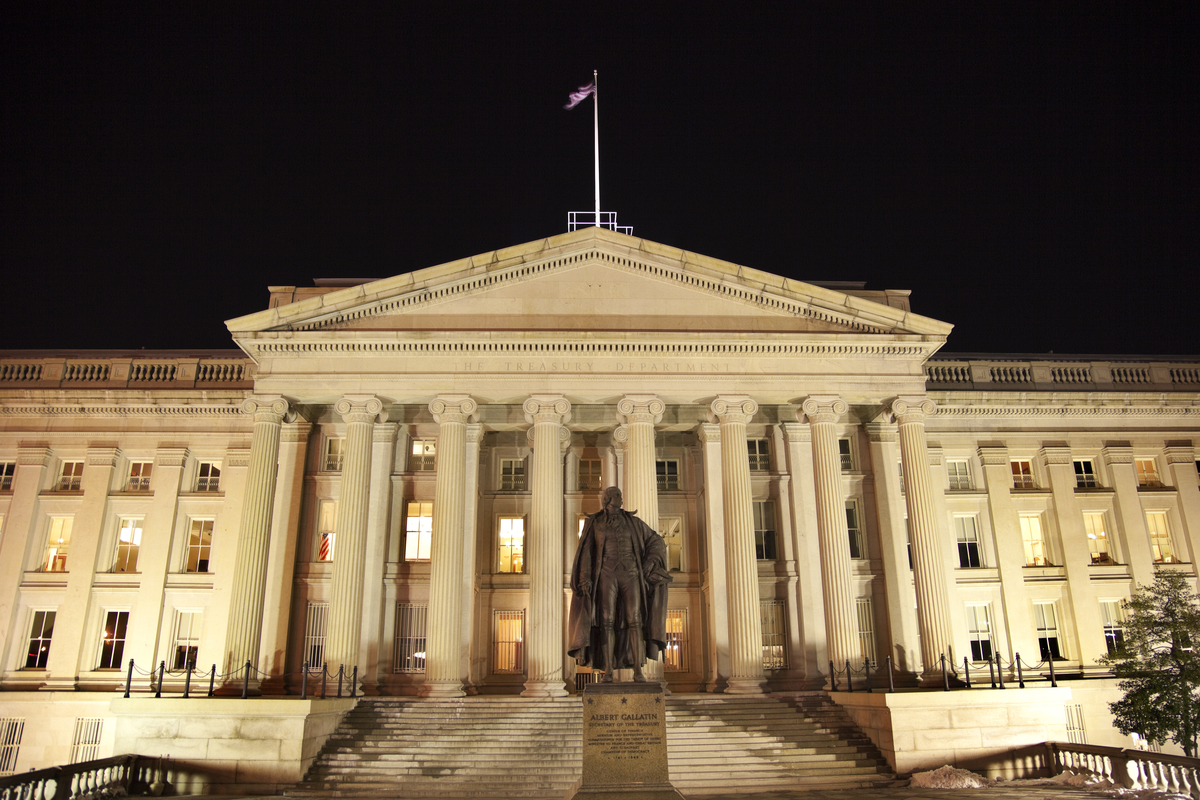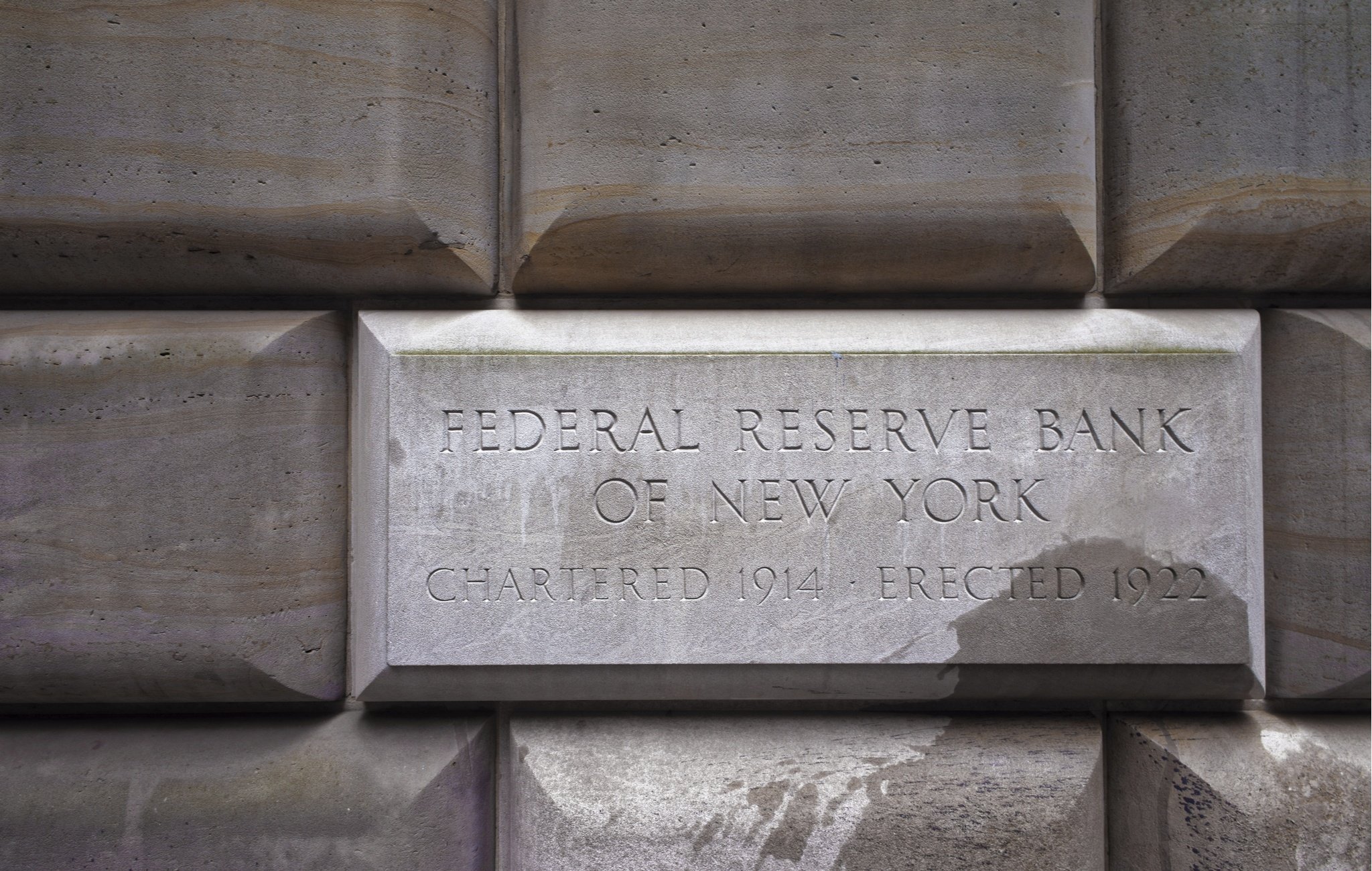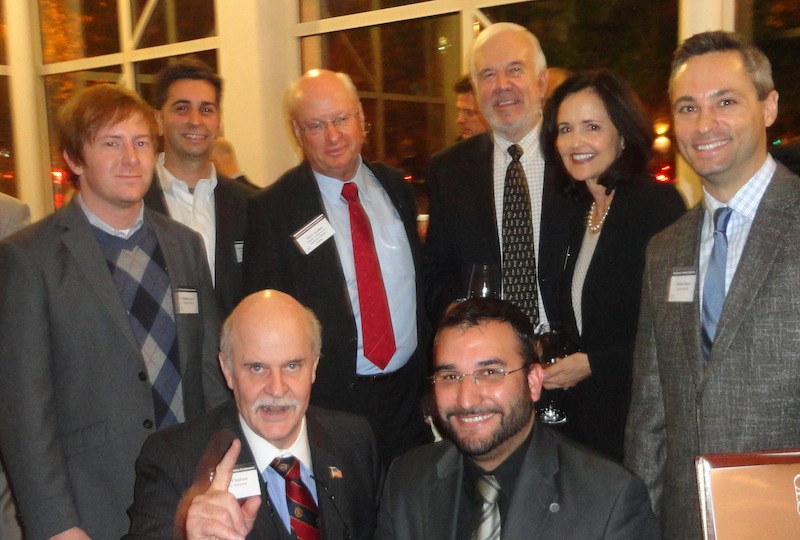Sound Money Project
The Sound Money Project was founded in January 2009 to conduct research and promote awareness about monetary stability and financial privacy. The project is comprised of leading academics and practitioners in money, banking, and macroeconomics.
It offers regular commentary and in-depth analysis on monetary policy, alternative monetary systems, financial markets regulation, cryptocurrencies, and the history of monetary and macroeconomic thought.
For the latest on sound money issues, subscribe to our working paper series and follow along on Twitter or Facebook.
Advisory Board: Steve H. Hanke, Jerry L. Jordan, Lawrence H. White
Director: William J. Luther
Senior Fellows: Nicolás Cachanosky, Gerald P. Dwyer, Joshua R. Hendrickson, Thomas L. Hogan, Gerald P. O’Driscoll, Jr., Alexander W. Salter
Fellows: J.P. Koning
|
The nature of central banking and the importance of a monetary constitution
In my previous posts, I argued that it is imperative to secure a monetary policy regime that adheres to the rule of law. In this post, I will extend the argument further: […]
|
The Rupiah is in trouble, again
By Steve H. Hanke This article appeared in the October 2015 issue of Globe Asia. The rupiah is plumbing the depths it last visited in 1998 during the Asian financial […]
|
Op-ed: The Fed, killing economic growth softly
Economic growth results from business owners making successful plans to invest and meet customer needs over time, but the unpredictable machinations of central banks like the Federal Reserve throw a […]
|
Raising interest rates: The Fed vs. The Treasury?
In its latest meeting, the Federal Open Market Committee (FOMC) decided to not increase the Federal funds rate target, extending the lower zero bound policy until at least their next […]
|
Op-ed: It’s time to reconsider the Fed’s Dual Mandate
By Jared Meyer and Johannes Schmidt This piece originally appeared on Forbes.com All this week, people anxiously awaited results from the Federal Reserve’s Federal Open Market Committee meeting in Washington, […]
|
Op-ed: Don’t ask if the Fed will raise interest rates, it’s the wrong question
Central banks are vested with a tremendous amount of economic power, but there’s no real reason to think that they wield that power wisely. As the U.S. Federal Reserve’s Federal […]
|
The moral obligation of monetary policy
When the monetary authority fools people into thinking inflation will be lower than it turns out to be, individuals produce more than they would if they had not been fooled.
|
A different kind of monetary control
This piece was written in response to a recent Financial Times editorial. Have you ever doubted the real reasons governments throughout history and all over the world want to control what […]
|
Confusion and contradiction at the Fed
By Michael Belongia and Peter Ireland Over the past several years, Federal Reserve officials have issued multiple and often conflicting statements about whether their federal funds rate target should be […]
|
Money and the rule of law, continued
In my last post, I argued that monetary regimes should be judged not just on macroeconomic grounds, but also on whether they adhere to the rule of law. In this post, […]
|
The Sound Money Project takes on the Fed at the Jackson Hole Summit
From left to right: Sound Money Editor Johannes Schmidt, Dr. William Luther of the Sound Money Project, U.S. Senate Banking Committee Chief Economist and former Sound Money Project Fellow Dr. Thomas Hogan, […]
|
About the Greek losses
Economists and accountants don’t think about financial losses the same way. When a person buys an asset, such as shares of a company on the stock market, and then sees […]











